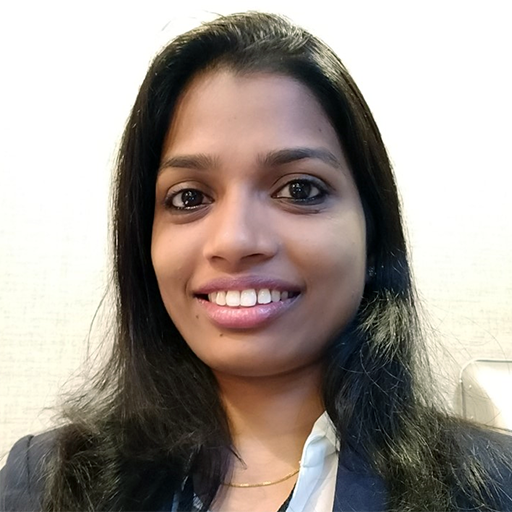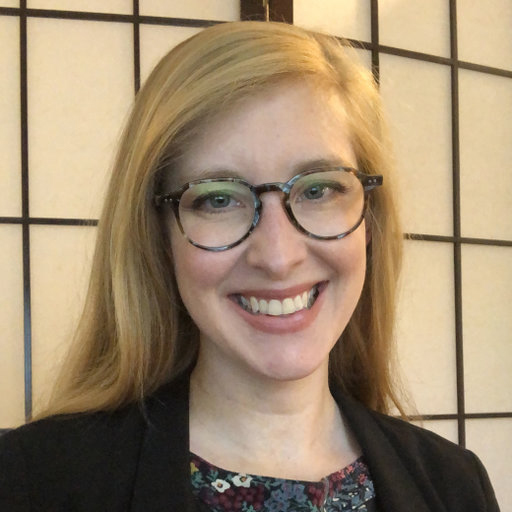The Future of CSD Education: PhD Student Profiles
by Hannah Rae Vaden
The School of Communication Sciences & Disorders is well known nationally for its high-quality clinical programs. However, there is a special group of students at the University of Memphis School of Communication Sciences and Disorders whose work is equally important, but who get less press. Up on the 3rd and 4th floor of the Community Health Building are research labs where you would be most likely to find our students working on their PhDs in CSD. Their routine is much like the other CSD programs, with time spent in class and discussing coursework with advisors. But, as you might expect, they also spend much of their time designing research studies, interacting with research participants and writing up their findings.
In the PhD Program, students work with their mentors and committee members to design an individualized program of study that helps them answer their research questions and their program is unique to the interests of each student. We sat down with some of our PhD students to find out what a day in the life of a PhD student looks like and how their education, interests and life experiences shaped their desire to pursue their doctorate at the University of Memphis.
Name: Lipika Sarangi
4th Year CSD PhD Student
Undergraduate and Professional Degree University: Utkal University/University of Mysore
Undergraduate/Professional Degree Major: Audiology/Speech Language Pathology
CSD Research Lab: Hearing Aid Research Lab
Research Mentor: Dr. Jani Johnson
 After completing her undergraduate and master's programs in India, Lipika began work
at a hearing aid manufacturer's clinic. During her time working at the clinic, she
served a great number of older patients. She noticed that her patients' outcomes from
using hearing aids were highly variable, and she began to wonder what caused some
patients to have positive outcomes when using hearing aids while others did not. She
decided to pursue a PhD so that she could study the factors influencing individual
differences in patient outcomes.
After completing her undergraduate and master's programs in India, Lipika began work
at a hearing aid manufacturer's clinic. During her time working at the clinic, she
served a great number of older patients. She noticed that her patients' outcomes from
using hearing aids were highly variable, and she began to wonder what caused some
patients to have positive outcomes when using hearing aids while others did not. She
decided to pursue a PhD so that she could study the factors influencing individual
differences in patient outcomes.
Her research, under the mentorship of Dr. Jani Johnson, focuses on the clinical aspects of hearing aids—the protocol, individualized intervention, efficiency and customization of rehabilitation, and specifically the role of self-efficacy in these processes. Her dissertation examines how patients' general and situation-dependent traits affect their willingness to acquire and habilitate to using hearing aids.
She decided to work with Dr. Johnson after searching for a mentor who had the same research goals and questions as herself. Lipika found Dr. Johnson's research and realized that their ideas matched up perfectly. She really enjoys the PhD program in CSD because "everyone is supportive and helps you reach your personal goals as a PhD." Her career goal is to teach at the graduate level and continue her research with the goal of developing individualized audiologic rehabilitation protocols to improve future patients' hearing aid success.
Name: Helen Long
Completed her PhD, December 2020
Undergraduate and Professional Degree University: Indiana University-Bloomington/University of Florida
Undergraduate Major/Professional Degree: Speech and Hearing Sciences, Slavic Language and Literature; Speech-Language Pathology
CSD Research Lab: Origin of Language Laboratory
Research Mentor: Dr. D. Kimbrough Oller
 After working as an SLP for several years, Helen decided that starting a research
career felt like a natural progression to study her clinical interests. Her original
research questions as an SLP related to early speech development. Dr. Oller is one
of the leading researchers in the world in early language development, so she applied
to pursue a PhD under his advisement at the University of Memphis.
After working as an SLP for several years, Helen decided that starting a research
career felt like a natural progression to study her clinical interests. Her original
research questions as an SLP related to early speech development. Dr. Oller is one
of the leading researchers in the world in early language development, so she applied
to pursue a PhD under his advisement at the University of Memphis.
The primary question that motivates her research is one that was posed to her while working at a school for children with significant medical disabilities: "Will my child ever be able to talk?" As she told me, "The truth is that we do not have enough evidence for practitioners to make a confident prognosis for speech development in populations with wide variability in speech emergence, like cerebral palsy. While I don't think we can ever make a 100% accurate prognosis, we can at least improve the research base which informs anticipated outcomes for these kids."
Her current research evaluates the social and non-social functions of infant vocalizations and how these sounds may be advantageous across settings throughout development and in the evolution of human language. She is beginning a postdoctoral fellowship in March at the University of Wisconsin-Madison to expand her research to study early vocal development in infants at risk for neurodevelopmental disorders. She hopes to be a tenure-track faculty member one day completing research in her interest areas, but she would also settle for being a Pilates instructor in a tropical location. Maybe in retirement!

